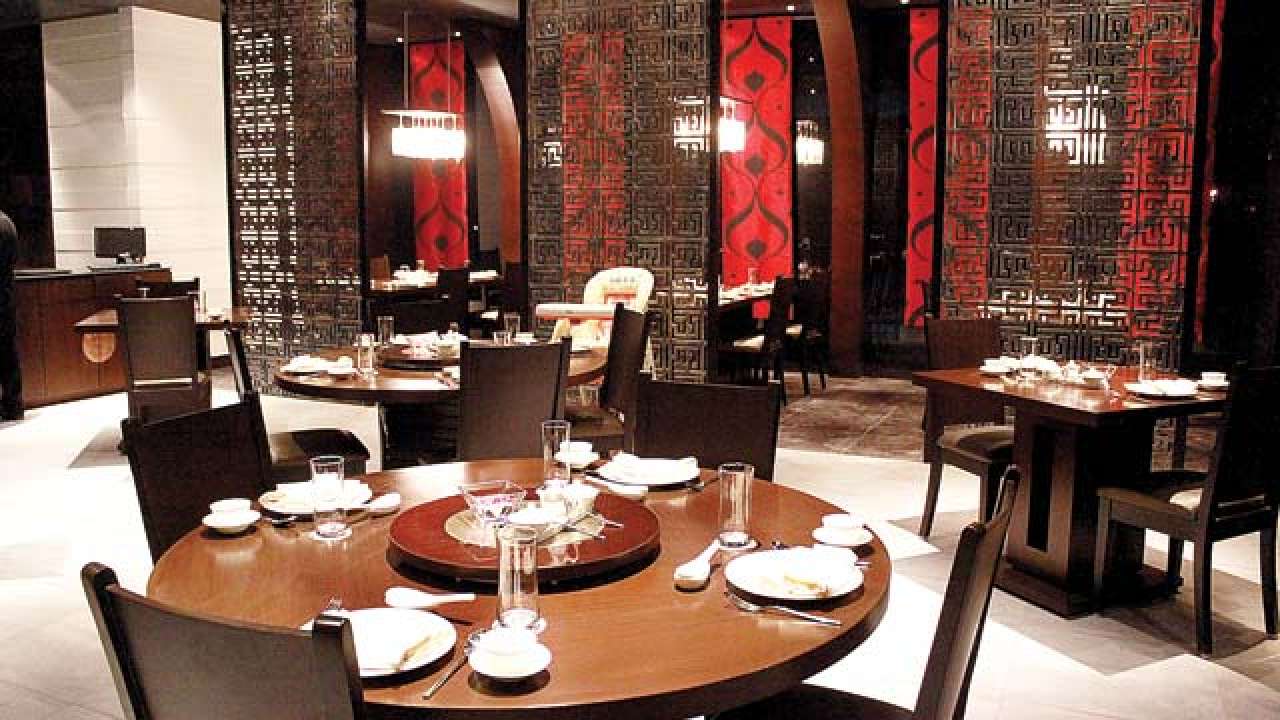
Annam vai Brahma annam vai rasah’
Food is the Supreme Cosmic Reality
Food embodies our culture, communities, traditions, social hierarchies and ultimately represents a significant aspect of our identity. Design and innovation of traditional recipes for modern Indian dining is growing in popularity, globally as well as domestically. What India needs to leverage on is culinary tourism. As per the World Food Travel Association’s 2016 Food Travel Monitor Report, up to 80 per cent travellers undertake travel due to culinary attraction or activity. The US Tourism Quality Index even benchmarks cities as per top culinary experiences.
I believe that culinary entrepreneurship is one of the solutions to elevate our culinary heritage as well as build capacities to achieve the Michelin star of excellence. Currently, London boasts of five separate Michelin star restaurants such as Benares, Tamarind, Gymkhana and Quilon. New York has two separate Michelin star restaurants — Tulsi and Junoon — that bring modern Indian food from the subcontinent.
For India to gain this medallion of honour, one needs to decode what qualifies a restaurant to be awarded that star. While Michelin remains secretive about the criteria and evaluation process used to award stars, certain factors are known to be key, including: the quality of products; a chef’s mastery of flavour and cooking techniques; chef’s ability to imbue the cuisine with his or her culinary ‘personality’; and consistency between visits, not just when it comes to food but also encompassing the overall dining experience.
The first step for holistic development is an advanced pedagogical approach, fused with interventions such as accelerators and incubators that focus on skill development, concept design and business modelling. The need of the hour is to monetise culinary tourism, both domestically and internationally, by developing specialised courses in business schools to train culinary entrepreneurs.
But why is it so important to have a Michelin star restaurant when most of the populace still enjoys the rich variety of street food? Hong Kong, which has a Michelin Guide, leverages the Michelin star to promote its economy. The Government of Hong Kong reinforces this fact in its tourist brochures as “Asia’s Culinary Capital”. The Tourism Authority of Thailand has also formed a partnership with Michelin Guide to “boost high quality tourism in Thailand”.
The Government of India understands this and only recently the Food Safety and Standards Authority of India (FSSAI) hosted a national conclave with the Ministry of Tourism and others on Indian food cultures to understand and promote culinary tourism, engaging all players in the culinary field to define ways of rating food hubs, food streets, food festivals and finally archiving ancient recipes.
As per the World Food Travel Association, gastronomic tourism generates an economic impact of $150 billion annually. Food of India is a symbol of pluralism of a multicultural society and thus, it is not just economic returns that will be gained. Our food heritage can be leveraged as a form of ‘soft diplomacy’ and ‘intangible heritage’.
When entrepreneurs leverage the country’s culinary heritage to develop brands and culinary destinations, they touch upon intrinsic value systems strengthening ‘Brand India’, thereby giving us a deeper sense of validity and recall in both global and domestic markets. As per the Food Travel Monitor Report 2016, up to 75 per cent of leisure travellers have been motivated to visit a destination because of a culinary activity.
All entrepreneurs would agree that some of the biggest challenges in delivering a world class service are in quality control, training enterprises, quality and transport of raw materials, standardising finishing touches and finally importance of presentation. Within these challenges are fantastic business opportunities waiting to be seized and fine-tuned with emerging entrepreneurs.
Fresh attention by the Government, industry, entrepreneurs and global players on referencing our culinary heritage gives great hope for the food sector to gain recognition for our unique and varied cuisines and processes. This is what is required for significant and sustainable leaps to be recognised by the coveted Michelin Guide in the future. We need integration, collaboration and innovation across players in the value chain to garner mutual benefits for all in the F&B sector and to eventually elevate Indian Food to a truly global pedestal.
The author is MD & CEO, YES BANK, and Chairman, YES Global Institute